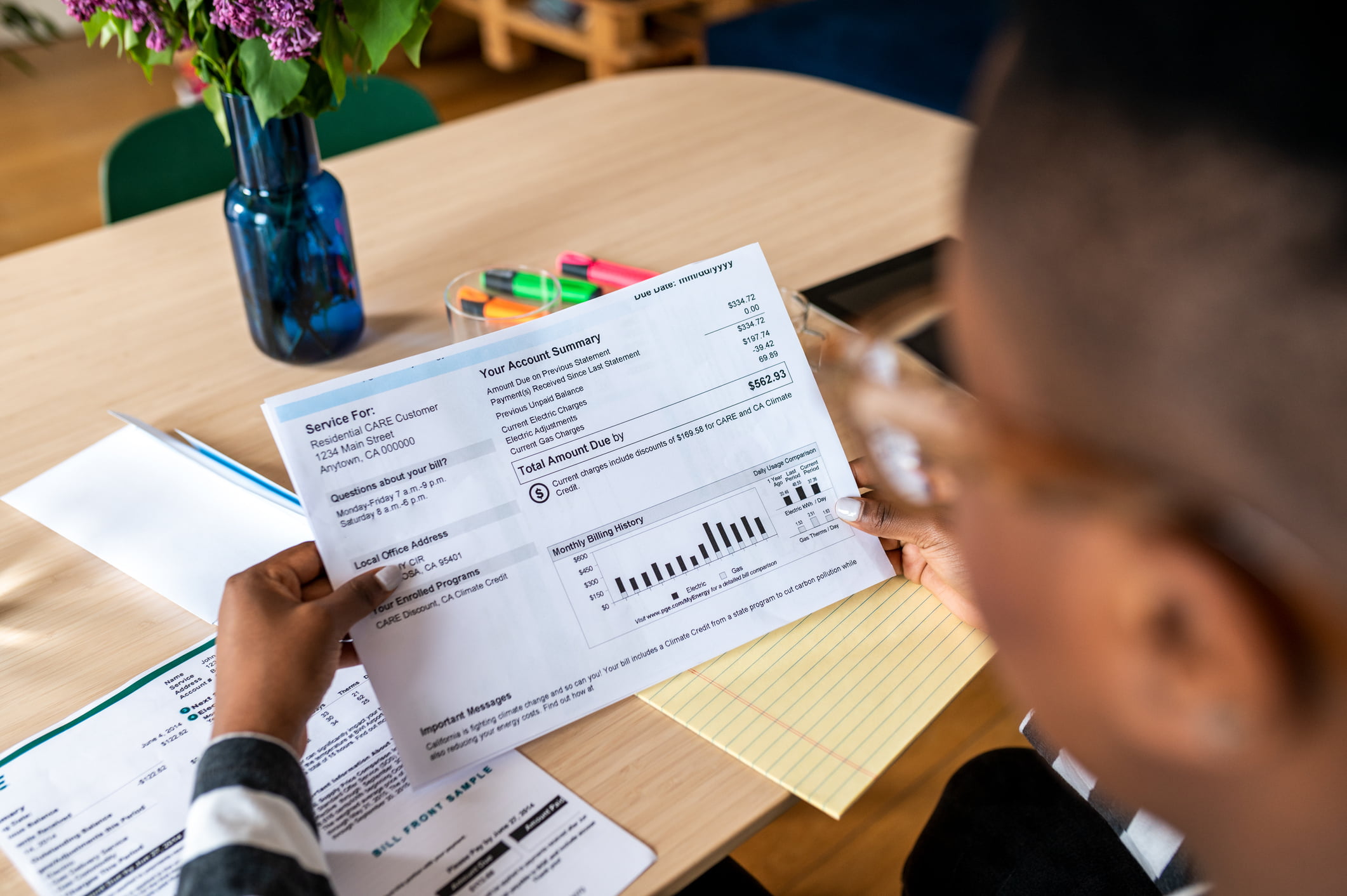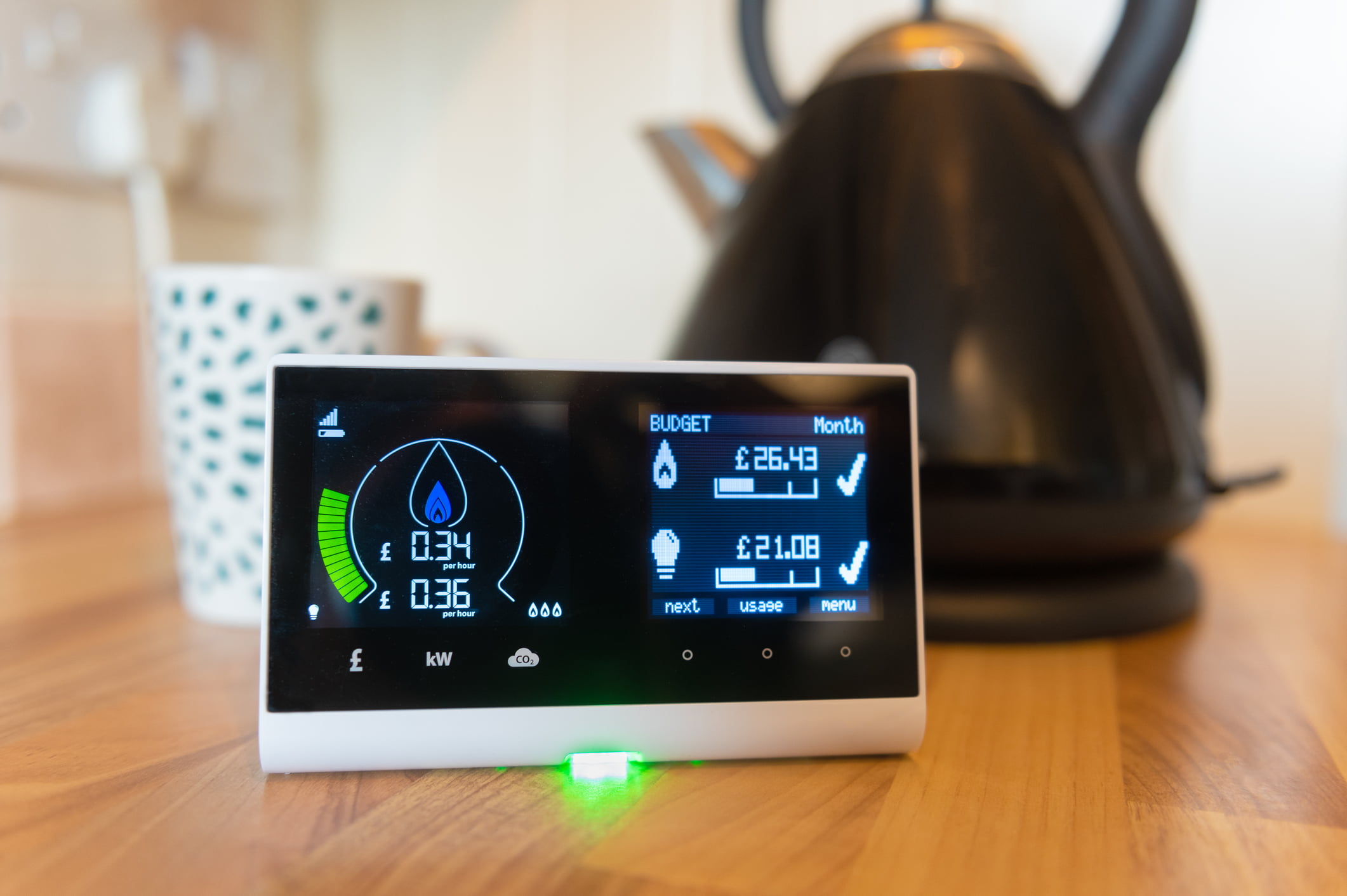We’re all looking for ways to save money on our energy bills right now.
A typical household could save up to £356 a year in Great Britain (GB) and £416 in Northern Ireland (NI) on your bills by following our energy saving tips.
But before you start saving, you need to know how much gas and electricity you use, and how much you spend when you use it.
All this information is in your energy bill. It’s usually split into gas and electricity use.
It’s more important than ever to check your energy bills, not only to stay informed and in control, but also to ensure you’re not paying too much.

